Between two homes: Hammoud’s struggle for belonging and survival
18.08.2025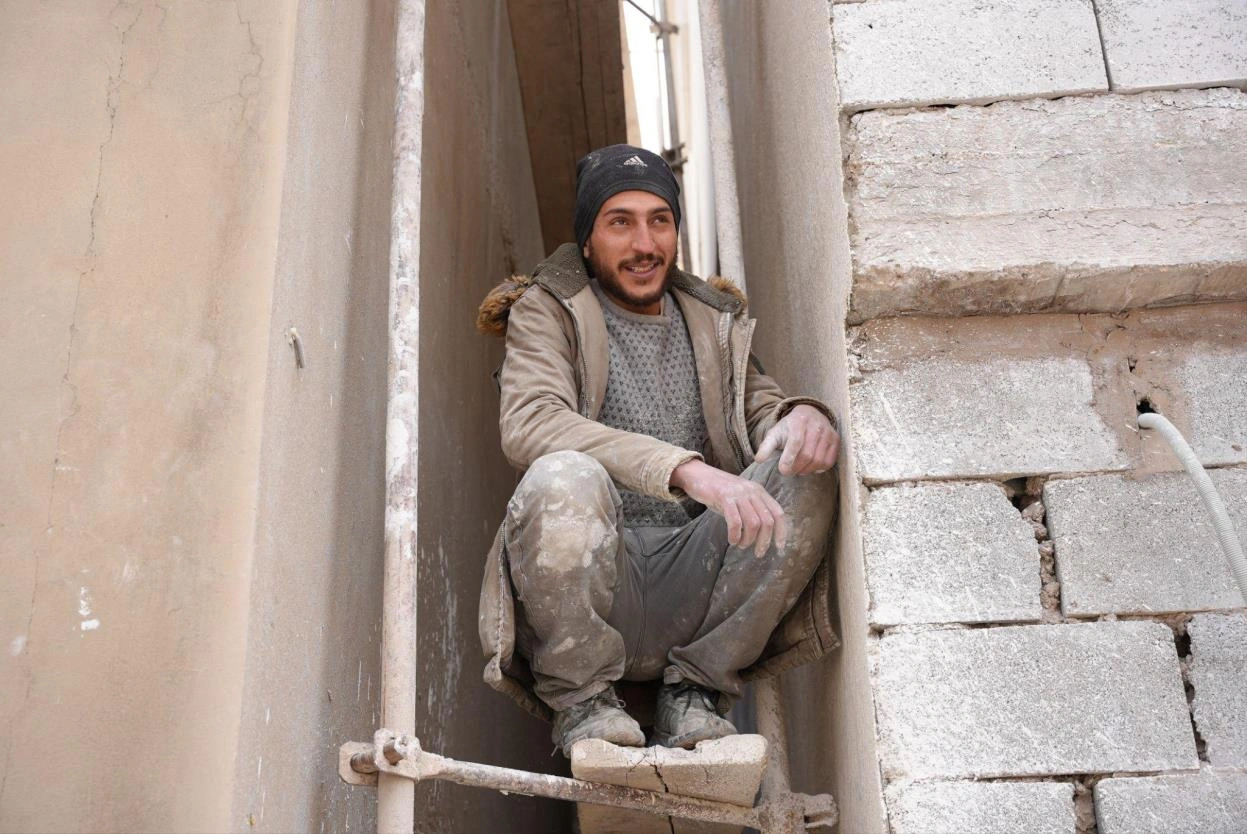
About
Pseudonym:
Hammoud Jammal
Age:
25
Nationality:
Syrian
Marital status:
Married at 19
Work status:
Dropped out of school at young age, working.
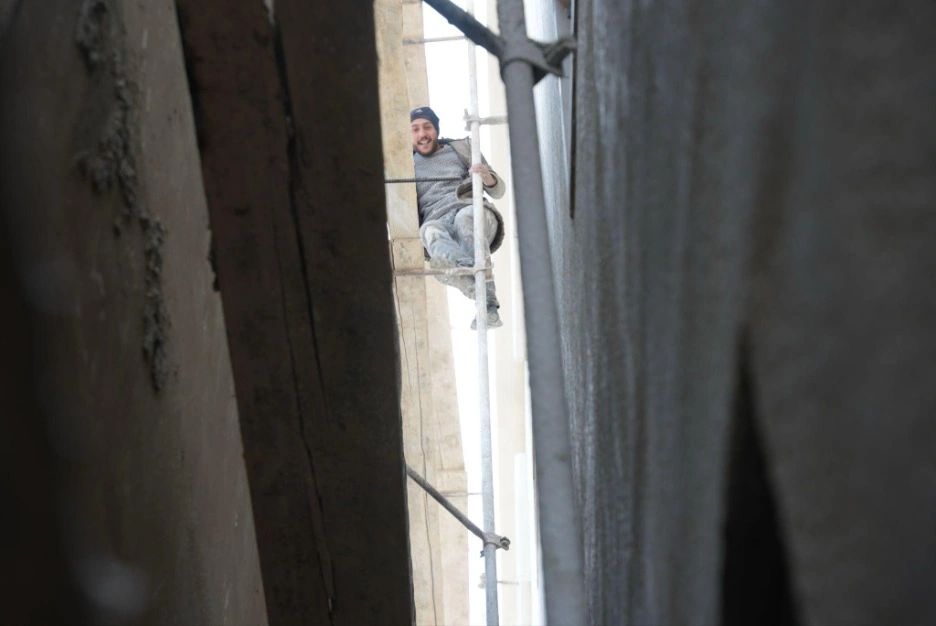
2024 war in Lebanon
During the war in Lebanon in 2024, Hammoud used to go to work on a semi-regular basis, unless there was heavy shelling happening. At night he and his family would shelter in the hallway of the house which was the safest place to be. Hammoud says: ‘I experienced severe anxiety at that time. I was scared for the safety of my family. I felt my life was in the palm of my hand, and every airstrike that happened I would worry for the life of my two children’.
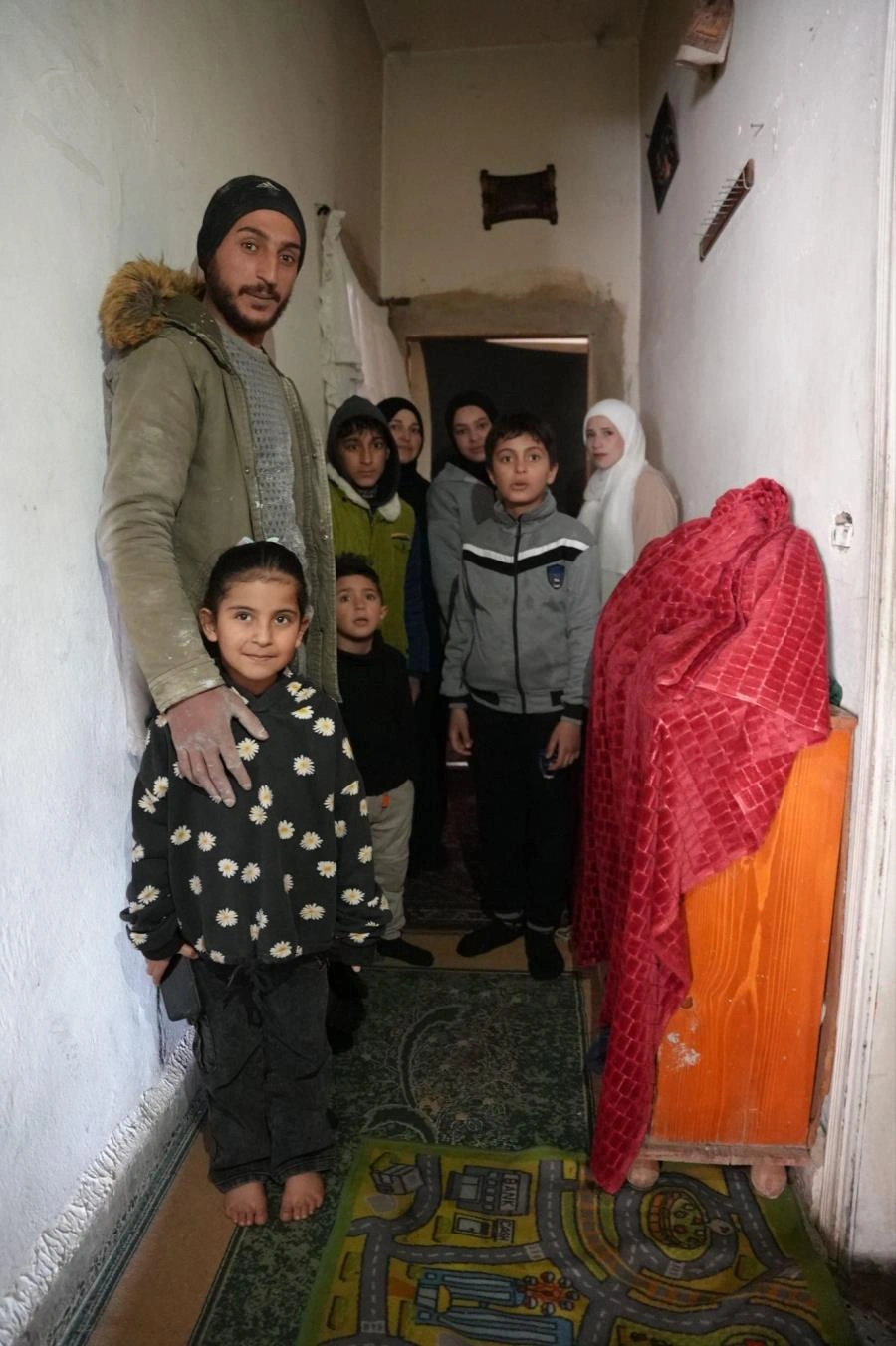
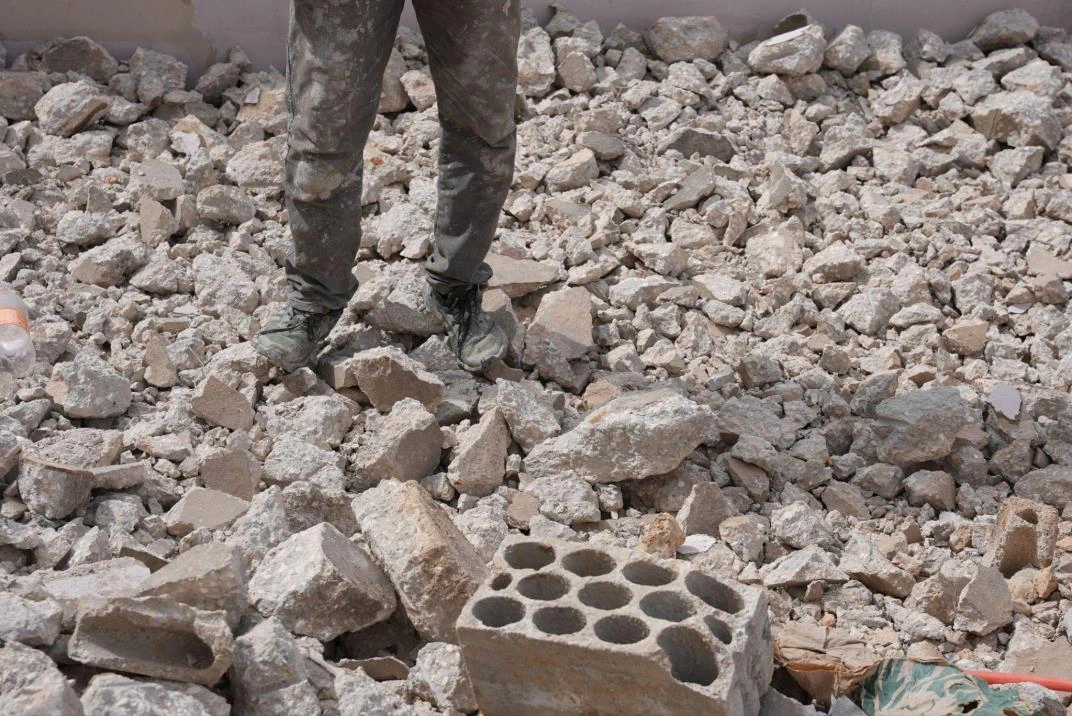
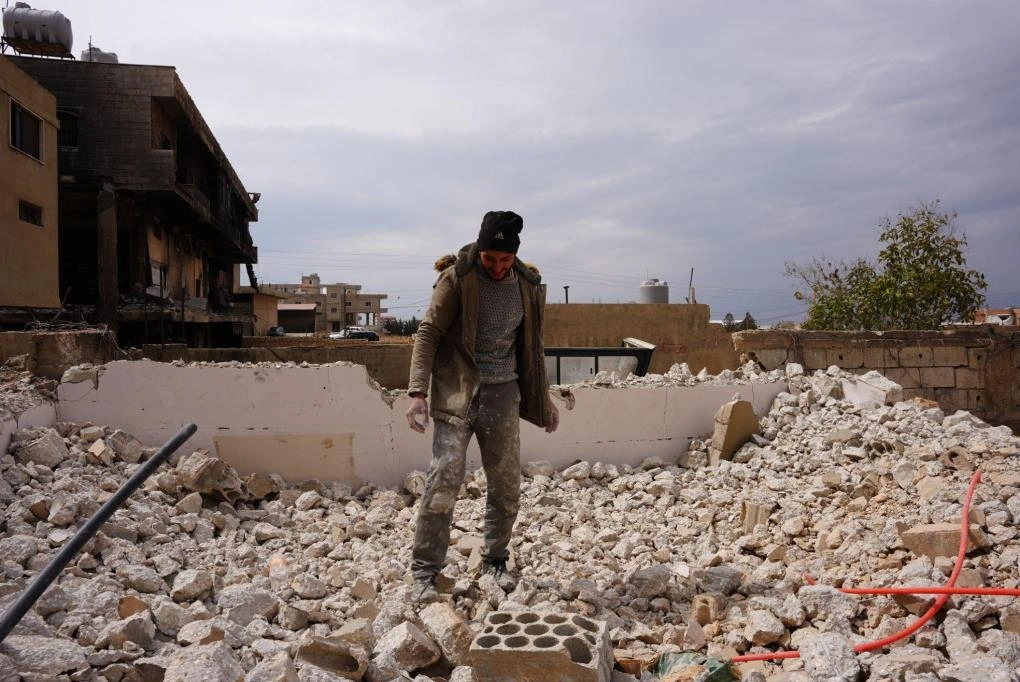
Seeking work during the war
Hammoud used to get work during random hours of the day, just to make ends meet. When the airstrikes began, he would head home quickly. Hammoud says: ‘It was very difficult to make money during the war. I had to use all my savings for food and expenses. The UN food assistance was the only help I got at that time’.
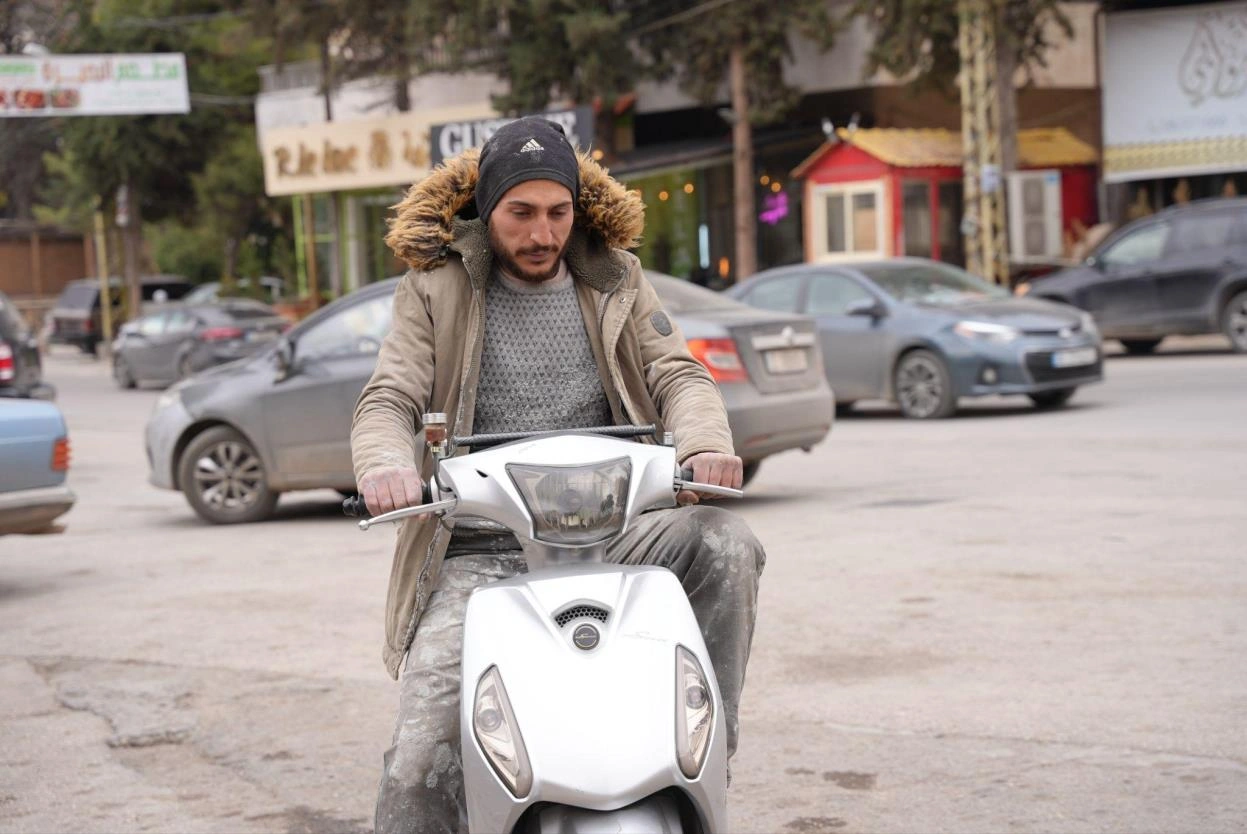
Food shortages
‘At the beginning of the war, we experienced bread and food shortages, traders started monopolizing the products and the prices skyrocketed. I sometimes had to go all the way to Zahle, almost 50 kilometres away, on a motorbike to buy bread and other important items’.
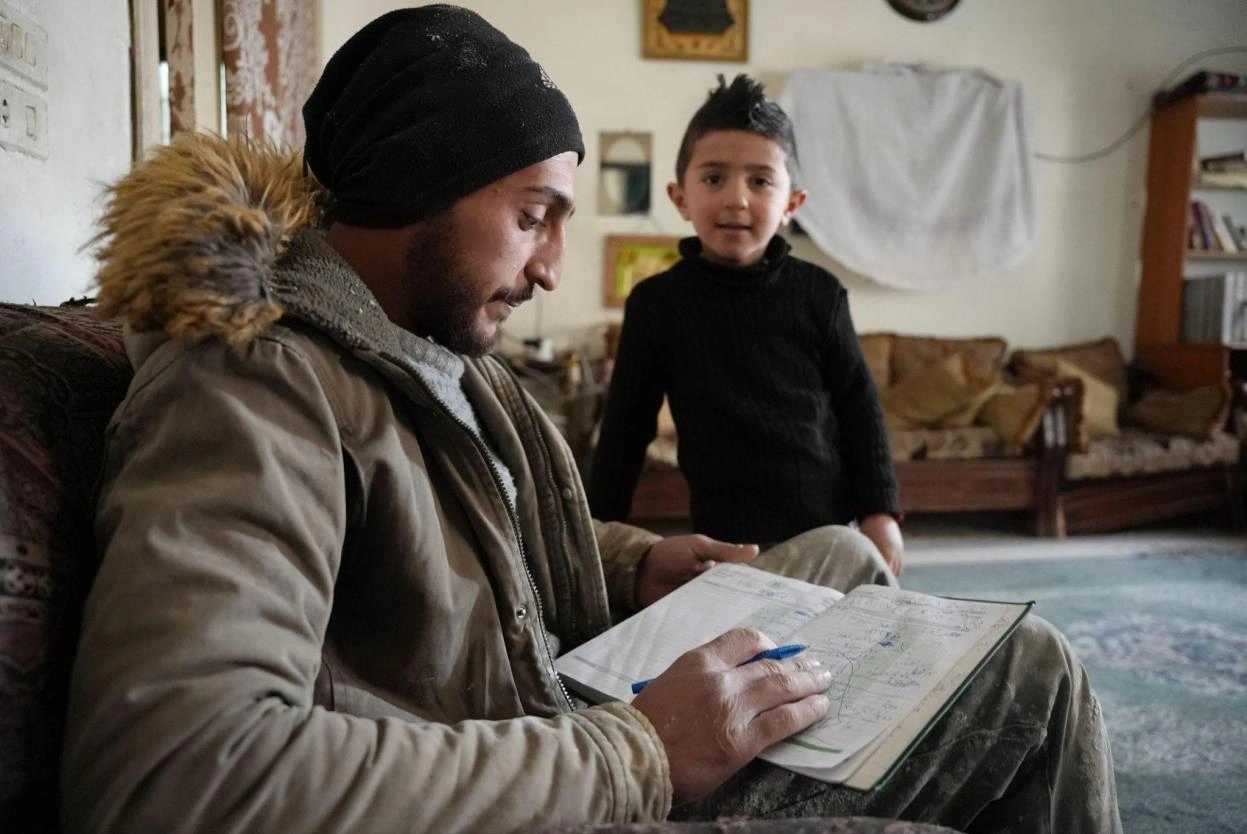
Staying during the war
Hammoud’s family was the only family that stayed in the neighbourhood during the war. ‘It was rare to see anyone on the street. There was total darkness at night, we were the only house with the light on. Only the street cats would come to my door for food’ Hammoud says. A lot of Syrians decided to head back to Syria which was safer. Hammoud’s mother asked him numerous times to leave but he refused. Hammoud and his brother were wanted for military service, and ‘I would rather die here than get drafted into the Syrian military’ Hammoud adds.
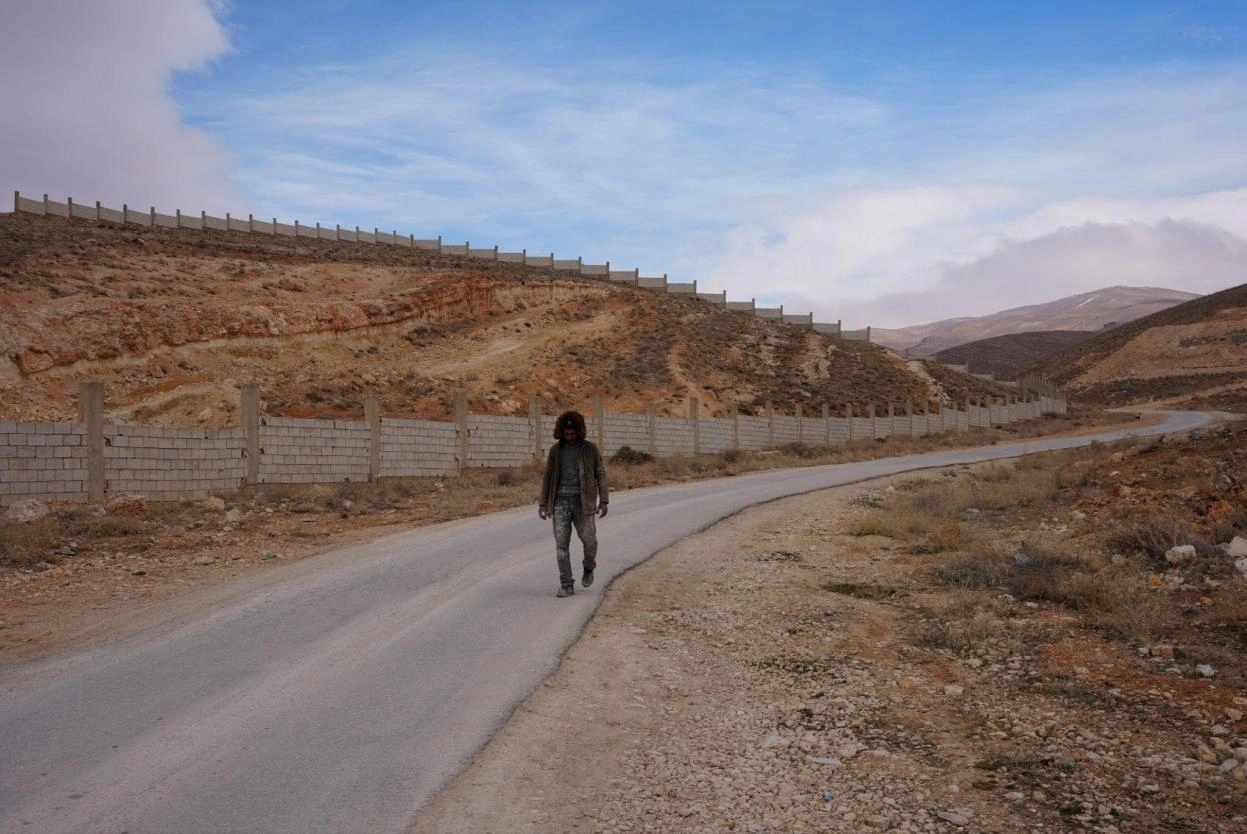
Belonging
After the Assad regime collapsed, Hammoud went to Syria for a couple of days, saw his childhood house destroyed, no trees in his garden, and all the wells had run dry. ‘It’s unlivable’ he says, ‘I couldn't bear to start my life from zero again, so I decided to come back to Baalbek as fast as I could’ he adds.
Hammoud is at the crossroads and has a decision to make. Stay in Lebanon, where his children will not be having the life they should have, in terms of education and work, or go back to Syria where he will be forever scared for his family and children. ‘Syrians have yet to reconcile with each other, there is no safety before reconciliation ’ says Hammoud.
Hammoud Jamal is a 25-year-old Syrian refugee youth living in Baalbek, Lebanon. He began participating in the Gender and Adolescence: Global Evidence (GAGE) participatory research programme in 2019. As the eldest son in his family, Hammoud had to drop out of school in Syria at a young age and join his father in Lebanon to help with construction work to support their family. A few years later, the war in Syria began, forcing Hammoud’s family to flee and join him and his father in Lebanon. Since then, they have struggled to make ends meet, and as the economic situation worsened, it became increasingly difficult for Hammoud to find work. Even when he did, the wages were too low to cover all of his family’s needs.
Hammoud married at the age of 19, adding to his responsibilities at a young age. After losing his father two years ago, he became the head of the household, taking on even greater responsibilities. Now a father of two, Hammoud constantly worries about his children’s future. What saddens him most is missing out on education, and he does not want his children to face the same fate. While he believes that their future in Lebanon offers better education and job opportunities compared to his hometown in war-ravaged Aleppo, he also fears for their safety due to Lebanon’s ongoing instability and lack of security.
Born in Syria, he came to Lebanon at 8 years of age and has been living in Baalbek ever since. Hammoud says he can barely remember the first 8 years in Syria, and Lebanon is where he has made most of his memories. Hammoud says: ‘Baalbek is the city that I belong to, I feel free here, I live and work, and no one ever gives me a hard time. I became a man here; I made a name in my profession (as a construction worker) and even buried my father here. He adds: ‘Life for me is only work, but I have become accustomed to living here'.
Details
Country
Lebanon
Audience type
Young person
